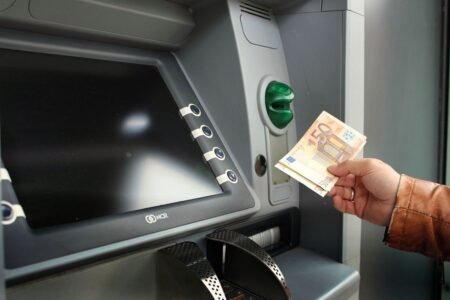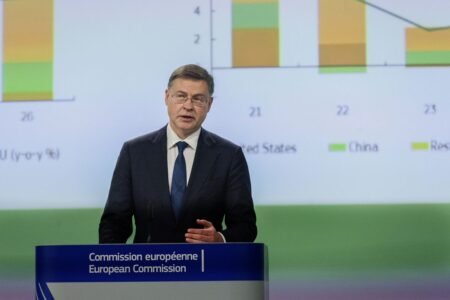The European Commission has adopted today a proposal for an EU Regulation to lift regulatory obstacles to professional cross-border transportation of euro cash by road between euro-area Member States.
Paradoxically enough, professional transportation of euro cash between Member States within the euro area is still governed by national laws. Due to the strong differences between national legislations in this area it is generally very difficult to transport euro banknotes and coins across borders on a professional basis and very little cross-border land transportation therefore takes place. That euro banknotes and coins cannot circulate and be transported as freely as possible within the euro area goes against the logic of the single currency. After extensive consultations with stakeholders and Member States’ experts, the Commission is therefore putting forward a proposal for a set of common EU rules that will apply to all professional cross-border transports of euro cash by road. National rules will remain in force for domestic transports of euro cash.
Economic and Monetary Affairs Commissioner Olli Rehn said: “More than eight years have passed since the introduction of euro banknotes and coins and it is high time to make sure that they can be easily and safely transported across national borders within the euro area”.
The purpose of the proposal is to facilitate cross-border transports of euro cash within the euro area, and thus facilitate the free circulation of the euro, by replacing the different national rules by a set of common EU rules. These rules will only apply to professional cross-border cash transports by road. Domestic transports of euro cash will not be affected.
The proposal will contribute to improving the efficiency of the cash cycle within the euro area. Banks, retailers and other professional cash handlers will be able to benefit from increased competition between cash-in-transit (CIT) companies beyond national borders and from a wider choice of service providers. If they have branches on both sides of a border they will be able to benefit from integrated contract management and cash handling across borders. CIT-companies will be able to optimise logistics of transport and cash handling and have access to a larger market in border regions.
Enabling an efficient cash supply across borders is moreover a necessary complement to the work carried out by the European Central Bank and the national central banks (NCB) in the euro area to achieve more convergence of NCB cash services. This includes notably the so-called remote access to NCB cash services, whereby a credit institution in one euro-area Member State may use the cash services of a NCB in another participating Member State. This possibility cannot be fully exploited as long as it is very difficult or outright impossible to transport the cash across the border due to different national CIT-regulations.
Due to the nature of the business, cash transportation is exposed to serious security threats. In order to ensure the security of the staff and of the general public, it is foreseen that a company that wants to carry out cross-border transport of euro cash must ask for a specific cross-border cash-in-transit licence from its Member State of origin. As a pre-condition, the company must be approved by its national authorities to carry out domestic cash transports. Strict rules are moreover foreseen for, inter alia, the minimum number of staff, armouring of vehicles, training of staff, ‘intelligent’ neutralisation systems for banknotes (which neutralise the banknotes, for example by staining them with indelible ink, in case of unauthorized opening of the banknote container) and penalties in case of infringement of the rules.
The proposal has been the subject of extensive consultations with stakeholders, including the social partners, and experts from Member States’ concerned national administrations.
In order to enter into force, the Commission proposal must be adopted by the European Parliament and the Council.







